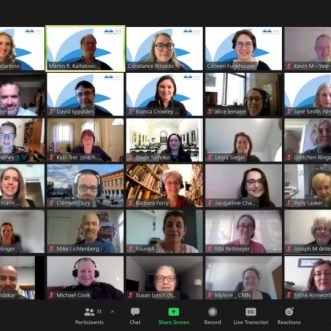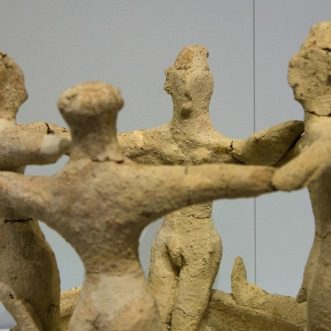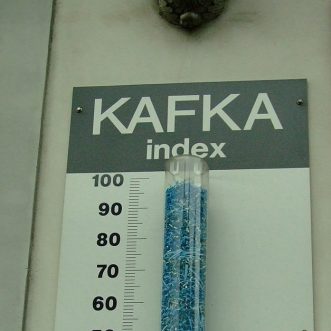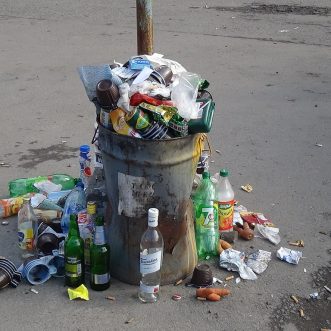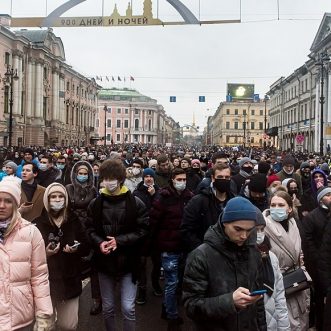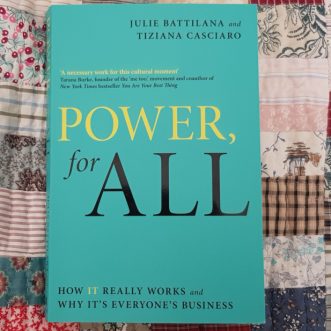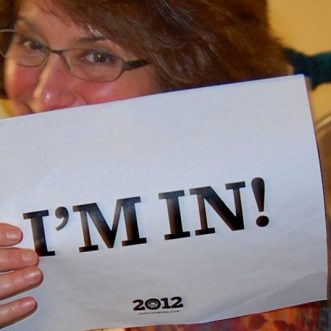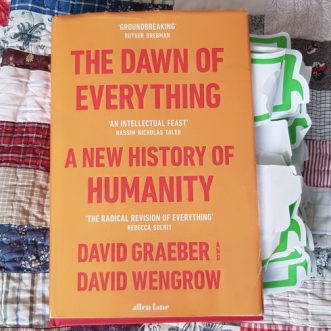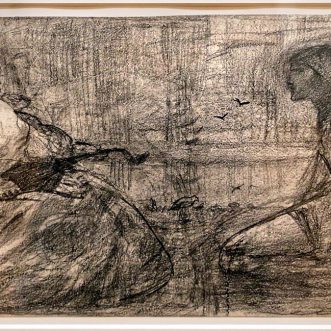
How to capture a business process: Step 6
I’ve written quite a bit elsewhere on how to capture a business process. But I left out a step.
After you’ve thought about what the point of your business process is; where it starts; where it ends; what happens through this process; what Roles are involved; what Props are needed and how exceptions should be handled, there is one more crucial thing you need to do:
Have a go.
Your first draft will be wrong. Mine always are.
Your second draft may well be wrong. Mine frequently are.
Your third draft may not be quite right. That often happens to me.
But you can’t find any of that out unless you have a first, second, or third draft to work with. It’s very hard to follow a process that’s in your head. Much easier when you see it spelt out as a map in front of you. That’s true for you and for your colleagues.
This is how great artists work. They sketch, tentatively and hairily at first. to get the idea out of their head into a form they can work on.
I’d even go as far to say feel free to start at Step 3, with the story and just get something down. Then review it in the light of Steps 1 to 5 to refine what you have in your own head before you present it to others.
When it comes to capturing how things should work for your business, the most important step is to get it out of your head, and into a form that you and others can reason about, re-design and improve.
It will never be perfect, but it will be visible. Therefore capable of being made better
Like a great artist, keep practicing, keep sketching.
In time, your sketches will look more like finished works. But they’ll always be valuable.
